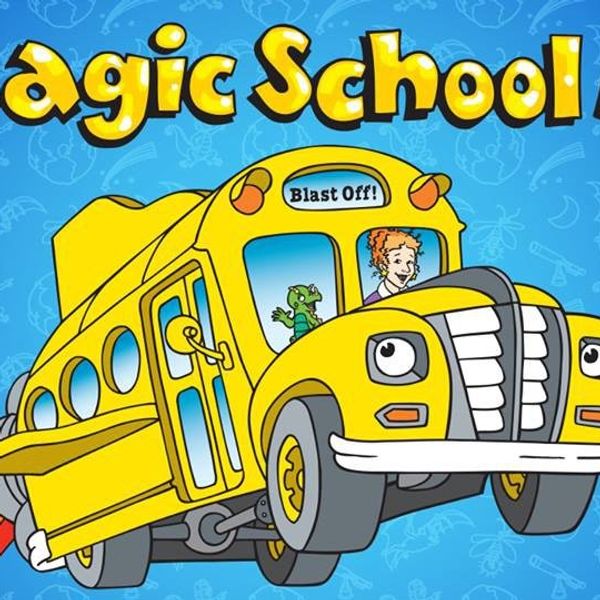Yes, that is correct. I am referring to that bouncy, lovable orange mammal from A. A. Milne’s imagination. After appearing for the first time in the second book from the 100 Acre Wood, The House at Pooh Corner, in 1928, Tigger’s fun personality has lasted throughout the years, becoming one of the most popular characters in the franchise. Having watched just about every episode of Disney’s The New Adventures of Winnie of Pooh, another favorite from my childhood, he is certainly one of my favorites, unafraid of jumping into adventure, and helping his friends with his brawn when it becomes necessary. Undeterred by conflict and adversity, his unique outlook on life, while at times naive, is something to look up to.
The phrase in question, as many could recall, is his valediction “TTFN, Ta ta for now!” which he calls out as he heads home from an interaction with the group. Now, in the Internet age, we have embraced abbreviations and acronyms as we interact and talk to each other, not only in text, but even in everyday conversation. Phrases like LOL, BRB, TBH, JK and TGIF have grown in usage from the start of the instant messaging era, along with emoticons—which I guess are now known as emoji—and shortened versions of words, such as tho, ur, c and <3. It certainly seems a possibility that lovable Tigger has contributed to this trend in grammatical illiteracy, as it were, with the use of this phrase, along with the unconventional way in which he spells his name (for those who do not know, his spelling is t-i-double guh-er).
Is he guilty, then, of introducing such a phrase to society, starting the trend of abbreviations that millennials use so often in communication? Certainly not!
While the phrase TTFN is heavily associated with Tigger with his prominence in our modern culture and popularity around the world, its introduction was not with the debut of his character. The first time he uses it is not from the 1928 book, but when his original voice actor, Paul Winchell, ad-libbed the line in a featurette in 1968. The line fit the portrayal of Tigger so well that it was used by Jim Cummings, who voiced both he and Pooh, in The New Adventures, and the rest is history. However, the original usage of the phrase occurred during World War II in the same country of origin, the United Kingdom.
During this time, the use of abbreviations by the military was becoming more commonplace, and this was one of the phrases that the British public heard often as war raged on. It became popular with the public even then, and became a staple phrase on a weekly 1940s radio show, It’s That Man Again. Satirically, the show’s name was shortened to ITMA, due to the amount of abbreviations it borrowed from the military and used on the show as a result of the war. With that exposure, it became a widely used phrase in the United Kingdom, and has widely been the final words of many people as they left the land of the living. It also became a conversation topic between Batman and Catwoman in the Adam West iteration of Batman. In the 1966 episode in question, “Better Luck Next Time,” Catwoman has to explain the abbreviation to a confused Batman, who at the time is being chased by her tiger.
With this, we can probably conclude that Tigger is not to blame for his role in introducing the phrase to society. That said, he certainly is the character that can easily be associated with it, and his presence and influence on our generation is known. Our tremendous grasp and dependence on the digital world is obvious, and the understanding of abbreviations and emojis has become a staple of conversation for many. Further, in analyzing his character in The New Adventures, one can note that his antics as fairly brash and without much thought, an honest representation of his character in the books. This is certainly a description that many older adults may associate with millennials, in their attempt to separate themselves as the wiser, more experienced generation. While their time on earth makes them indeed more experienced, its as if they forgot that they were once like us when they were the younger generation, headstrong and making the same mistakes. Another thing they have forgotten, of course, is that they are the generations that created the Tigger we know and love, and allowed us to watch the show as we grew up.
With that in mind, dear Tigger, continue to freely bounce your friends in your carefree manner, as I am sure you have never stopped being that way. Do not be afraid to express yourself as you see fit, as you have no fault in what society has made of you. Language is, of course, highly flexible and dynamic in all cultures, so it was only a matter of time before our use of instant messaging and texting language joined the ranks. So continue being the only one that we understand you to be, unlike no other in this universe. Just keep yourself out of trouble, keep your friends nearby, and we will see you when our paths cross again.
TTFN! Ta ta for now! Hoo hoo hoo hoo!
(Shout out here to my brother forinspiring this article with our wacky conversation topics.)




















